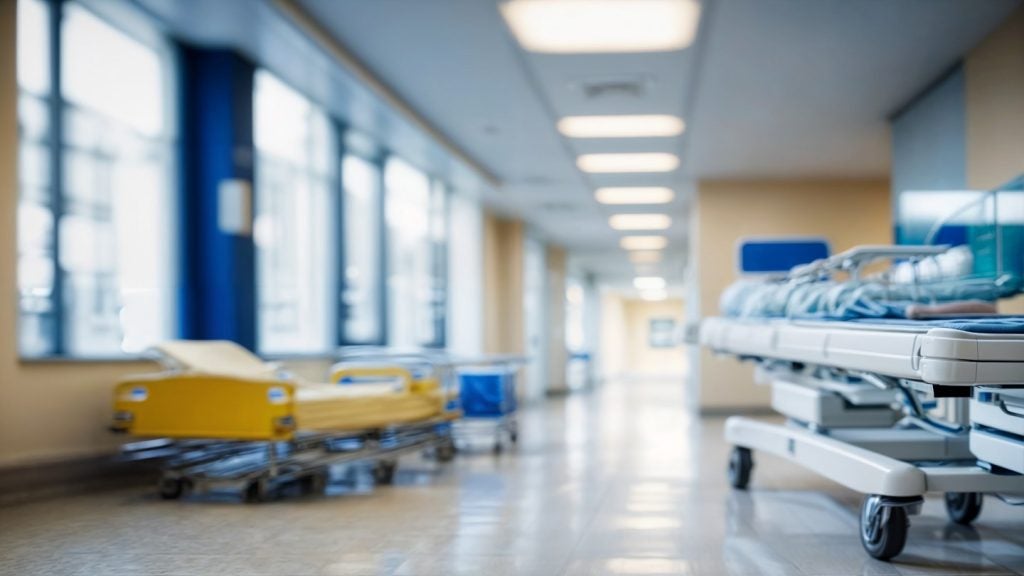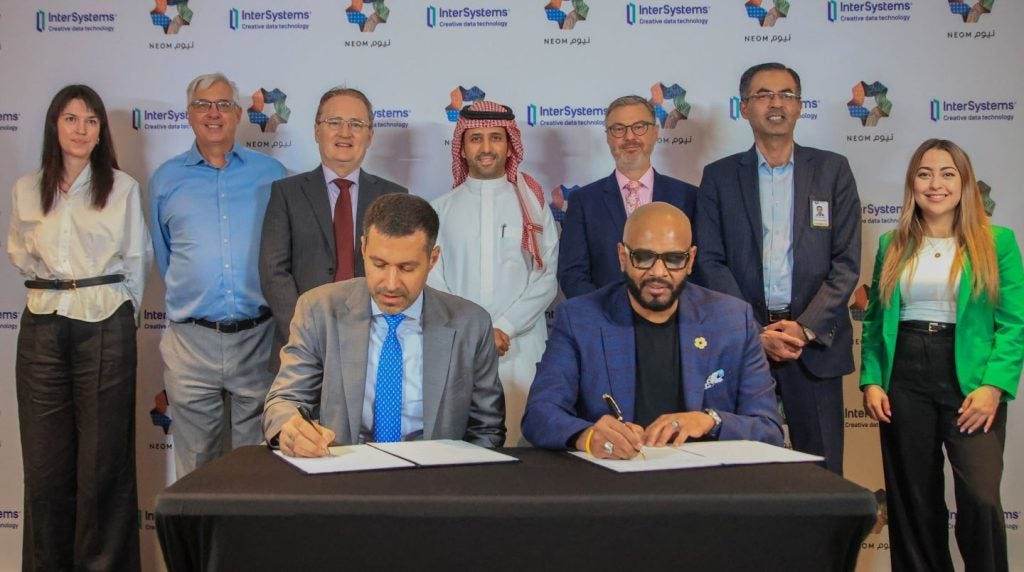
A total of 17 distressed community hospitals in California, US, have secured interest-free loans from the state government.
As part of this initiative, around $300m in loans will be provided to 17 community hospitals via the Distressed Hospital Loan Program (DHLP).
Several of the hospitals covered under this initiative are located in rural and lower-income areas, serving communities of colour. They have been hit by financial challenges, exacerbated by the Covid-19 pandemic.
The DHLP aims to keep these hospitals operational or reopen recently closed facilities.
This programme is jointly administered by the Department of Health Care Access and Information as well as the California Health Facilities Financing Authority at the state Treasurer’s Office.
The loans are expected to help ensure continued access to healthcare services for Californians, particularly in areas where these hospitals are the only acute healthcare access points available.
How well do you really know your competitors?
Access the most comprehensive Company Profiles on the market, powered by GlobalData. Save hours of research. Gain competitive edge.

Thank you!
Your download email will arrive shortly
Not ready to buy yet? Download a free sample
We are confident about the unique quality of our Company Profiles. However, we want you to make the most beneficial decision for your business, so we offer a free sample that you can download by submitting the below form
By GlobalDataSenator Caballero said: “With numerous hospitals on the brink of bankruptcy in California, my number one priority this year has been to ensure that residents of the 14th Senate District had access to high-quality health care.
“I have worked diligently with my legislative colleagues, the Governor and stakeholders to find sustainable solutions and the Distressed Hospital Loan Program became the centrepiece of a larger relief package.
“It brings me tremendous relief to know that Madera Community Hospital and Hazel Hawkins Memorial Hospital in San Benito County have received grant awards and will be able to ensure that people can once again receive services in their own communities.”







